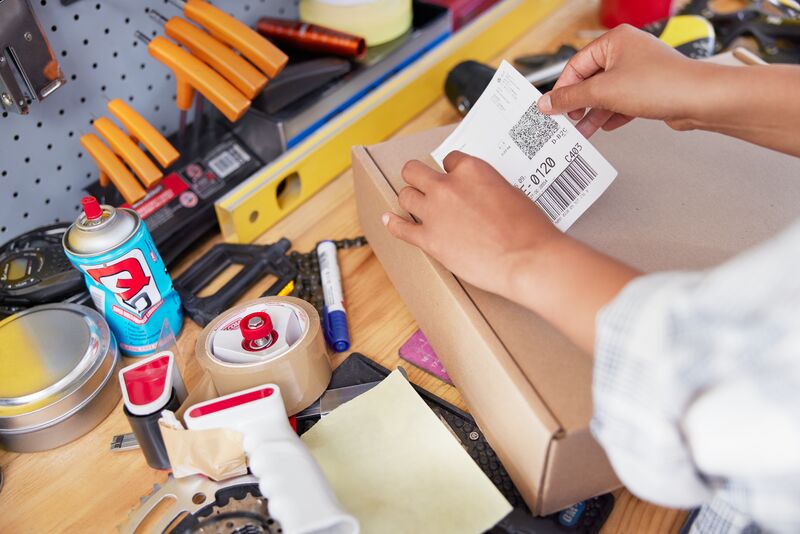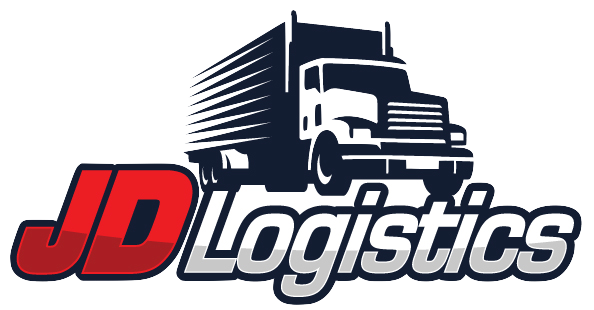Packing Tips
Packing tips. For trouble-free shipping.

Packing in general
For the secure transport of your goods the packaging must be suitable for the weight of the parcel’s contents. The packaging needs to be able to withstand the strains of automated and mechanical sorting, handling and transport operations. Parcels packed together as a bundle are excluded from transport.
Outer packaging 
The outer packaging should be tightly closed and well sealed with adhesive tape along all edges. None of the parcel’s contents should stick out of the packaging. Please make sure that your goods are fully packed in a cardboard box which is square or rectangular in shape.
Compared to sales or presentation packaging, specially designed packaging has a protective function which makes it suitable for transport purposes. Before re-using them you should check any used outer packaging, seals and padding for damage and, if necessary, repair or replace them. Please make sure that you remove any existing barcodes, and that the addresses of the shipper and the consignee are clearly readable.
 Inner packaging
Inner packaging
You should use soft padding for light goods and harder padding for heavy goods. This provides protection and prevents any play inside the packaging. The goods must be protected and fixed in place on all sides.
The contents should not be able to move around. If the contents of the parcel vary, you should select the inner packaging to make sure that the most sensitive articles are well protected, and can’t come into contact with the outer packaging.
Consignee address 
Please make sure that the consignee address is correct and clearly marked. In the case of domestic and international Express-Service parcels, the telephone number should be added to the consignee address.
 Parcel stickers
Parcel stickers
All the relevant parcel stickers (CLL parcel label, company address sticker, COD sticker) should be applied to the upper (largest) surface of the parcel – if possible next to each other and without overlapping. Please make sure that the CLL parcel label is not covered by packaging string or markings.
Wrapping film
If you use shrink film, make sure that in the area of the parcel label it is smooth and without any lettering. In order to ensure readability in the entire CLL system, it is advisable to have your film material tested by us before first use. In this way you can make sure that there will be no obstacle to fast transport. Simply get in touch with your CLL contact for advice.
Girth
The girth (height + width) x 2 – serves to limit the dimensions of transported goods and must not exceed 3 m. For parcels to be shipped from a parcel shop and paid for online, the maximum girth is 2.5 m.
Max. dimensions
In addition to the maximum weight of 31.5 kg, the instructions relating to girth must be complied with. The girth (height + width) x 2 – serves to limit the dimensions of transported goods and must not exceed 3 m.
Circumference = (height + width) x 2
Girth (max. 3 m) = circumference + longest side (max. 1.75 m)
A surcharge applies to especially voluminous parcels with a volume of over 200 L.
Volumetric weight
Airfreight parcels are priced on the basis of volumetric weight in cases where this exceeds the actual weight in kg. The volumetric weight indicates how much space a parcel occupies within the aircraft in relation to its weight and, in the interests of economic and ecological loading of passenger aircraft, is calculated using the following formula:
Length (cm) x width (cm) x height (cm) / 4,000 (cm3/KG)
The volumetric weight is only relevant to DPD EXPRESS international parcels
